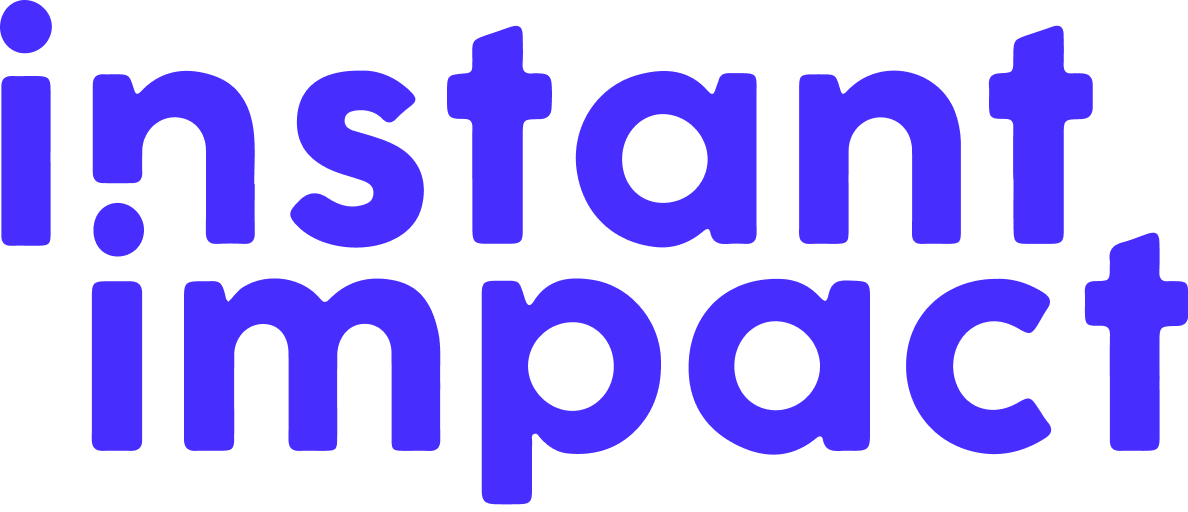It goes without saying that Covid-19 has affected the world of work in a number of ways and many of these changes will last for years to come.
In early career recruitment, high unemployment has seen a rise in applications and being remote has forced us to reconsider how we attract and assess candidates. We expect (and certainly hope that) lots of those changes won’t last forever but there are a number of trends that we anticipate to stand the test of time:
1. A further increase in competition for tech talent
With remote working leading to high levels of tech adoption in even the most traditional of companies, we’re expecting to see an increase in competition for technical talent and for the tech skills gap to get even wider over the coming years. Universities are already struggling to keep pace with the appetite for tech talent and that demand is only going to increase for everything from developers to cybersecurity experts.
The responsibility to train the next generation could increasingly rest with employers who may need to focus more intently on Apprenticeships and other forms of training to overcome this barrier.
For more detail, check out insights on remote working or how to make the most of Apprenticeships.
2. Increasing focus on diversity
The Black Lives Matter movement has rightly brought diversity & inclusion into much sharper focus in 2020 and we hope and expect that to continue in the long-term across all industries.
Companies will be under the microscope to demonstrate that they’re working proactively to improve diversity and, with fewer requirements on the experience that’s needed for Early Careers roles, we predict that more companies will start recruiting at junior levels.
Found out more about how to increase diversity through recruitment here.
3. Is this the death of the milkround?
Methods that companies use to attract talent are also going to change. Social distancing has ruled out the option of career fairs so companies have had to think differently and be more creative with the different ways they attract talent.
The companies that have hired in 2020 have had to increase their focus on social media, careers pages, employer brand and job boards and are continuing to look at more creative ways to attract the best talent.
With a far greater reach online than you can ever get in person and the focus on diversity leading to targeting broader audiences than just Russell Group universities, this could be the beginning of the end for traditional career fairs. It’s going to become increasingly hard to justify the opportunity cost of team time spent travelling to go to universities when you’d have to go to more of them to meet your diversity objectives and it’s easier to reach candidates online.
We predict that the milkround will continue but will become an increasingly small part of the Early Career ecosystem with only the largest employers able to justify it as a mainstream recruitment approach.
4. Scalable assessment
Any company hiring during 2020 has had to learn to deal with more applications than they’re used to. We expect that assessment best practice is here to stay and that companies will continue to focus on hiring the best talent without it being too much of a drain on Hiring Managers’ time.
Companies have also had to rethink their assessment centres for the remote world and whilst we’re hopeful that in-person assessment centres will return, we’ve seen two schools of thought that have worked well during this period and will continue to do so until we can get back into the office:
- Removing group assessments and expanding interviews / case studies to ensure that you assess the same skills that you were assessing in your group assessment.
- Replicating group assessments online whilst putting a particular focus on:
-
- putting candidates at ease e.g. having the first 15 minutes as a non-assessed opportunity to meet each other or having some ice breaker activities to get everyone into the swing of things!
- Breaking out into smaller groups to ensure that everyone has the chance to shine.
- Preparing candidates on what to expect and making sure that they’re comfortable with the technology.
If you’re considering starting an Early Careers’ programme or you’re reviewing your existing approach get in touch to see how we can help or find out more about the work we do running Early Career programmes.




